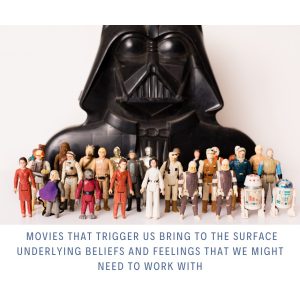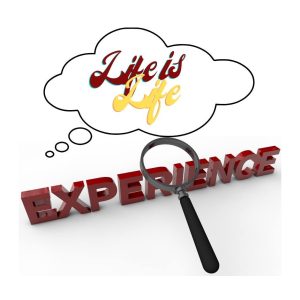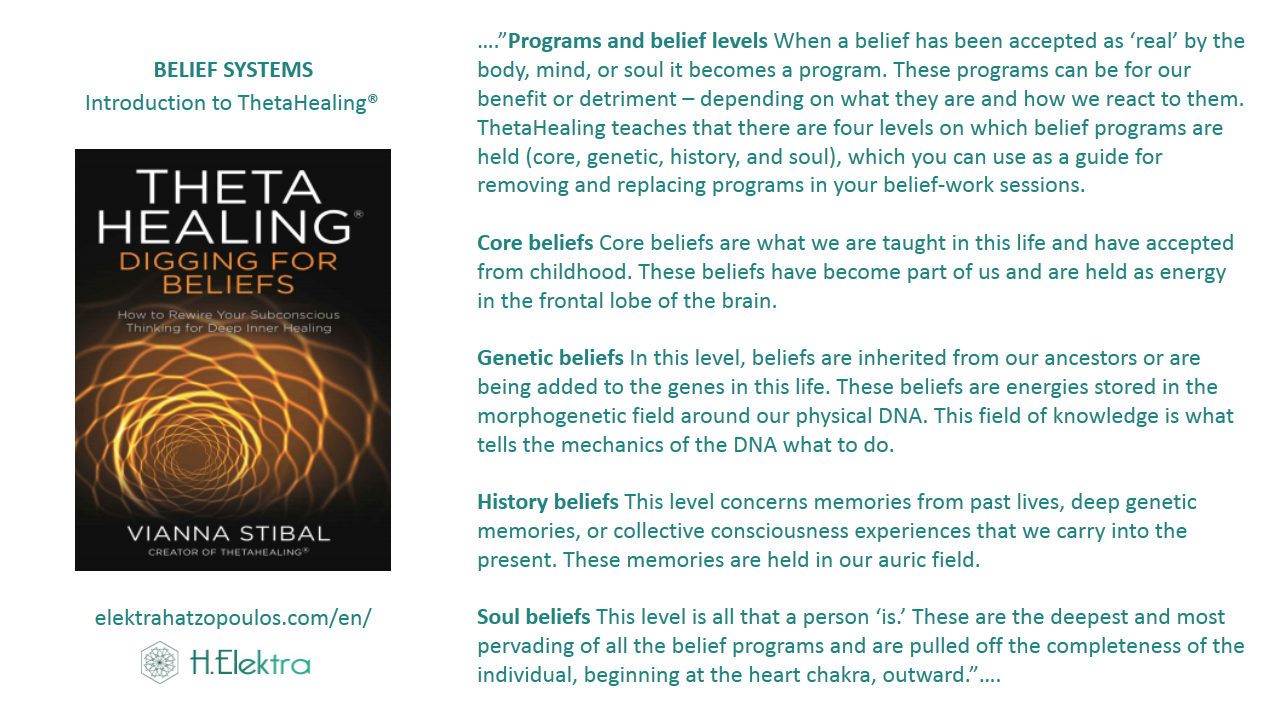When you are watching a movie and you feel drawn to it.
When it absorbs you and makes you feel feelings already long forgotten or not even thought that you might have..
Then take some notes, if you wish, as they might point to hidden "programs", belief system, that could cause you running on autopilot when reacting to certain situations.
Until you are not aware, conscious of these feelings, belief systems, you cannot work with them.
Thoughts
When I was living in Peru, whatever I gave away as a gift to local people they always accepted it by thanking it without saying things like:
"Oh, noo, you don't have to.." or
"Ahh, it is not necessary." or
"Very kind but others might need it more." etc.
They simply thanked me for my generosity then either they used themselves the things received or gave them away for someone more in need.
I took note of it as in Hungary I can see ...
In ThetaHealing we believe that feelings related to traumas and self-sabotaging beliefs are being stored in our different body parts and organs and that if not addressed and dealt with in time, our body will let us know of it via different health issues.
During the longest and most challenging ThetaHealing seminar, that is, Intuitive Anatomy, we address many of these hidden issues straight up.
Respiratory system related issues could have their roots in one or more of the following:
..."I must live in regret.
I panic easily.
I torture myself for my mistakes.
I know what forgiveness feels like for myself and for others.
I tell the truth.
People always lie to me.
I am revengeful.
God lies to me.
I am under too much pressure.
I should just give up.
I push people that love me away.
I push people I love away.
I must pretend to be important.
I love God completely.
I know how to give without being critical of others.
I must be forced to try.
I am lovable.
I am afraid of action.
I lie.
I fear life"…
just to mention some.
"…Illness also has revelatory power. It pushes the ill person to the limit and reveals a great deal about us, how we live, and the values and assumptions that underpin our lives. Illness can also provide both philosophical motivation and instruction, by pointing to our habits and assumptions and putting them into question. So, we should consider illness as a legitimate and useful philosophical tool.
Illness has a ‘distancing effect’. It withdraws us from previous habits, routines and practices, which become impossible in illness, and forces us to reflect on those habits and practices. Illness can destroy the expectations we have about our life, such as assumptions about how long we might live and how independent we should be, and in this way reveals the values we take for granted, many of which are only articulated explicitly when one falls ill." source https://theconversation.com/the-philosophical-role-of-illness-and-how-it-can-teach-us-to-live-reflectively-57310…





















